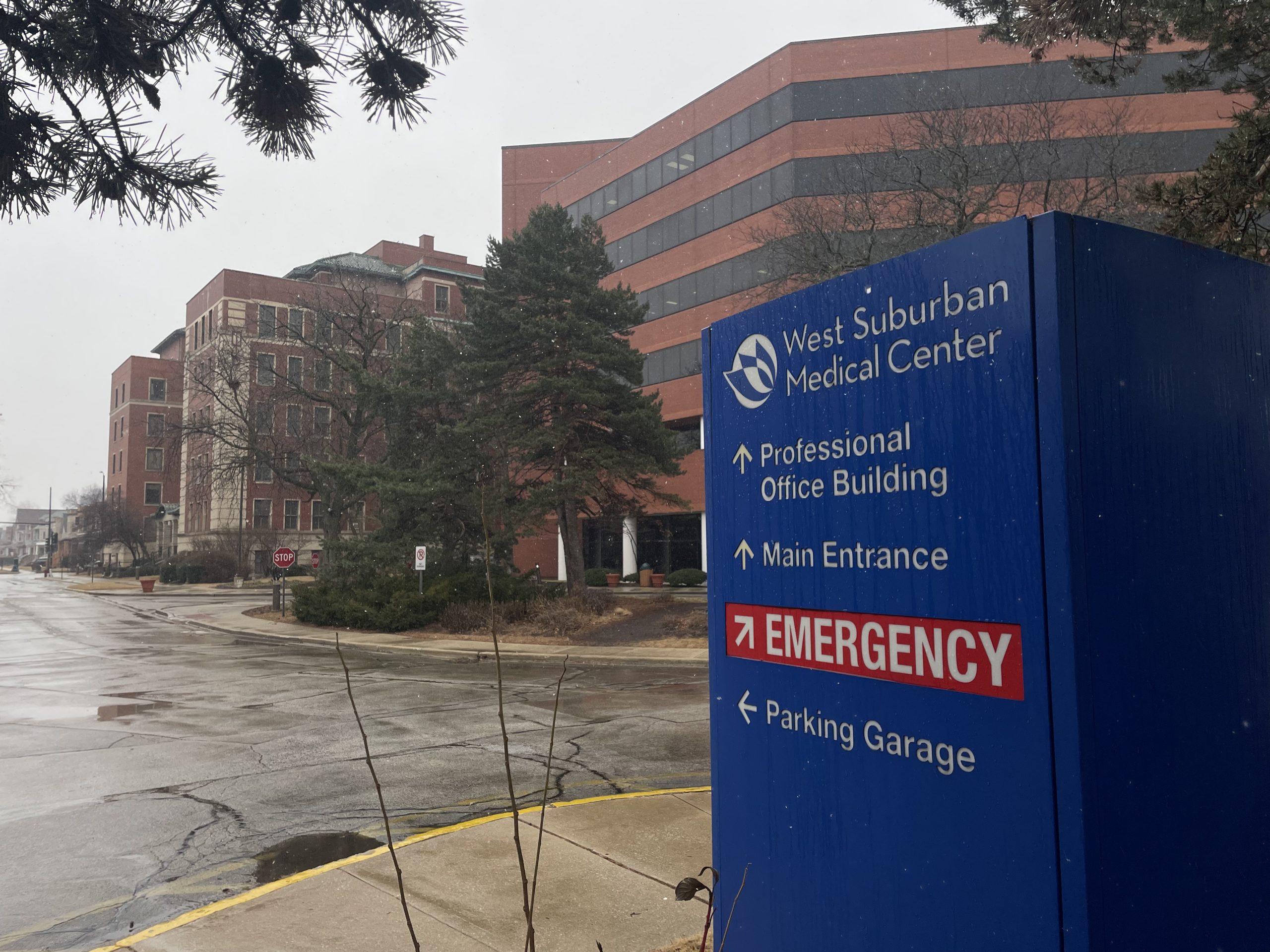Cooling Crisis at West Suburban Medical Center: What Happened and Why It Matters to HVAC Professionals
When a hospital’s cooling system fails, it’s not just uncomfortable—it’s potentially dangerous. Last week, the Illinois Department of Public Health (IDPH) sent staff to monitor ongoing cooling issues at West Suburban Medical Center in Oak Park, raising serious questions about HVAC maintenance in critical facilities.
As an HVAC professional, this situation highlights why our industry’s work is literally life-saving. Let’s dive into what happened and what we can learn from it.
The West Suburban Medical Center Cooling Crisis
West Suburban Medical Center has reportedly been experiencing cooling problems during one of the hottest summers on record. The situation became serious enough that state health officials intervened to monitor conditions. While specific details are still emerging, this case brings up crucial questions about HVAC system maintenance in healthcare settings.
I’ve seen this scenario play out before: aging infrastructure, deferred maintenance, and suddenly a critical cooling system can’t keep up during peak demand. For business owners and homeowners alike, there’s a valuable lesson here about preventative maintenance.
Why Hospital HVAC Systems Are Different
Healthcare facilities have unique HVAC requirements that go far beyond comfort:
- Temperature and humidity must be precisely controlled to prevent bacterial growth
- Special filtration systems are needed to remove airborne pathogens
- Operating rooms require positive air pressure to keep contaminants out
- Redundant systems should be in place to prevent exactly this type of failure
When these systems fail, patient safety is immediately at risk. Medications can degrade, equipment may malfunction, and vulnerable patients can suffer from heat-related illness.
What Business Owners Can Learn
You might not run a hospital, but this situation offers valuable lessons for any business with an HVAC system:
| Hospital HVAC Lesson | Business Application |
|---|---|
| Regular preventative maintenance is essential | Schedule quarterly inspections for commercial systems |
| Backup systems save lives | Consider redundancy for business-critical operations |
| Emergency response plans must be in place | Develop protocols for HVAC failures during extreme weather |
Homeowner Takeaways
For homeowners, the West Suburban situation serves as a reminder that HVAC maintenance isn’t optional—it’s essential. Would your system hold up during the next heatwave?
I recommend my homeowner clients follow these simple steps:
- Schedule biannual maintenance (spring and fall)
- Replace filters monthly during heavy-use seasons
- Consider a service contract with 24/7 emergency response
- Know the age of your system and budget for replacement before failure
The Regulatory Angle: What This Means for HVAC Professionals
The IDPH’s involvement at West Suburban signals potential regulatory impacts for our industry. Healthcare facilities are already heavily regulated, but incidents like this often lead to stricter enforcement or new requirements.
For HVAC contractors working in healthcare settings, this is your reminder to stay current on all certifications and regulatory requirements. Your work doesn’t just provide comfort—it protects vulnerable patients.
Could Better HVAC Management Have Prevented This?
While we don’t have all the details about West Suburban’s situation, experience tells me that most HVAC failures don’t happen overnight. They’re the culmination of deferred maintenance, budget constraints, and sometimes administrative decisions that prioritize short-term savings over long-term reliability.
In my 15+ years in the industry, I’ve rarely seen a catastrophic cooling failure that couldn’t have been prevented with proper attention and investment.
Modern Solutions for Critical Cooling
Today’s HVAC technology offers solutions that might have prevented this situation:
- Remote monitoring systems that detect problems before they become emergencies
- Energy-efficient systems that perform better during peak demand
- Building automation that optimizes performance based on conditions
- Predictive maintenance using real-time data
These investments pay for themselves by preventing exactly the kind of crisis West Suburban is facing.
What Happens Next?
The situation at West Suburban Medical Center remains developing. Questions about potential impacts on patient care, regulatory consequences, and necessary upgrades will likely emerge in the coming weeks.
For HVAC professionals, business owners, and homeowners alike, this serves as a timely reminder that when it comes to cooling systems, an ounce of prevention truly is worth a pound of cure.
Need Expert HVAC Advice?
If you’re concerned about your facility’s cooling system reliability, don’t wait for a crisis. Contact a qualified HVAC professional today to assess your system and develop a maintenance plan that keeps you cool when it matters most.
Has your business or home experienced cooling system failures during extreme heat? Share your experience in the comments below.
Source: Illinois Department of Public Health monitoring reports, West Suburban Medical Center statements

